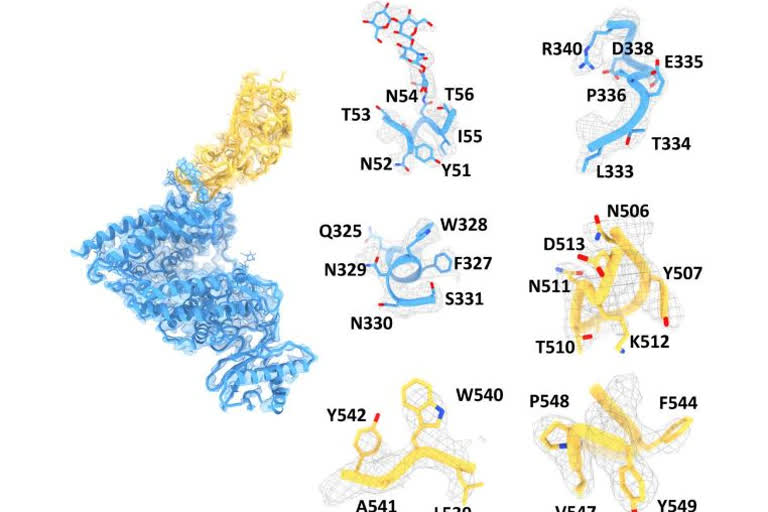New Delhi: Amid a raging Covid-19 wave, scientists in Wuhan have raised alarm bells over another type of coronavirus 'NeoCov' that has high transmission and mortality rate and cannot be treated by any vaccines developed by humans so far.
According to a study by the researchers at Wuhan University in China and the Institute of Biophysics of the Chinese Academy of Sciences, the NeoCov virus is not new as it is related to the Middle East respiratory syndrome MERS-CoV, outbreaks of which were recorded in 2012 and 2015.
First discovered in South Africa where it was found in bats, the virus has not infected humans so far. However, the study, which has not been peer-reviewed but has been published as a preprint on the bioRxiv website says that NeoCoV and its close relative PDF-2180-CoV can infect humans.
If it does, the virus, according to researchers, can have high transmission and high mortality rate (where one of three infected persons die on average). The researchers say that just one mutation is enough for the virus to be able to infiltrate human cells.
"This unexpected ACE2 usage of these MERS-CoV close relatives highlights a latent biosafety risk, considering a combination of two potentially damaging features of high fatality observed for MERS-CoV and the high transmission rate noted for SARS-CoV-2. Furthermore, our studies show that the current COVID-19 vaccinations are inadequate to protect humans from any eventuality of the infections caused by these viruses," reads the study, a copy of which was accessed by ETV Bharat.
MERS-CoV belongs to the linage C of Beta-CoV (Merbecoviruses), which poses a great threat considering its high case-fatality rate of approximately 35%, the study adds.
The research has sent alarm bells among the experts. Responding to the study, the Vector Russian State Research Centre of Virology and Biotechnology issued a statement on Thursday.
"Experts from the Vector research centre are aware of the data that Chinese researchers obtained regarding the NeoCov coronavirus. At this time, it’s not about the emergence of a new coronavirus capable of actively spreading among humans," read the statement.
The development is disconcerting since the current COVID-19 pandemic that emerged in 2019 too was associated with bats. While there is still no definitive proof of how the Coronavirus emerged, several reports claimed that it originated from bats and was transferred into humans. A second theory claims the virus was the result of a lab experiment gone haywire.
The lab theory, however, was rejected by the World Health Organization (WHO) in its report on the coronavirus origin last year.
Read: New Covid variant 'Deltacron' emerges in Cyprus: Here is what we know so far



